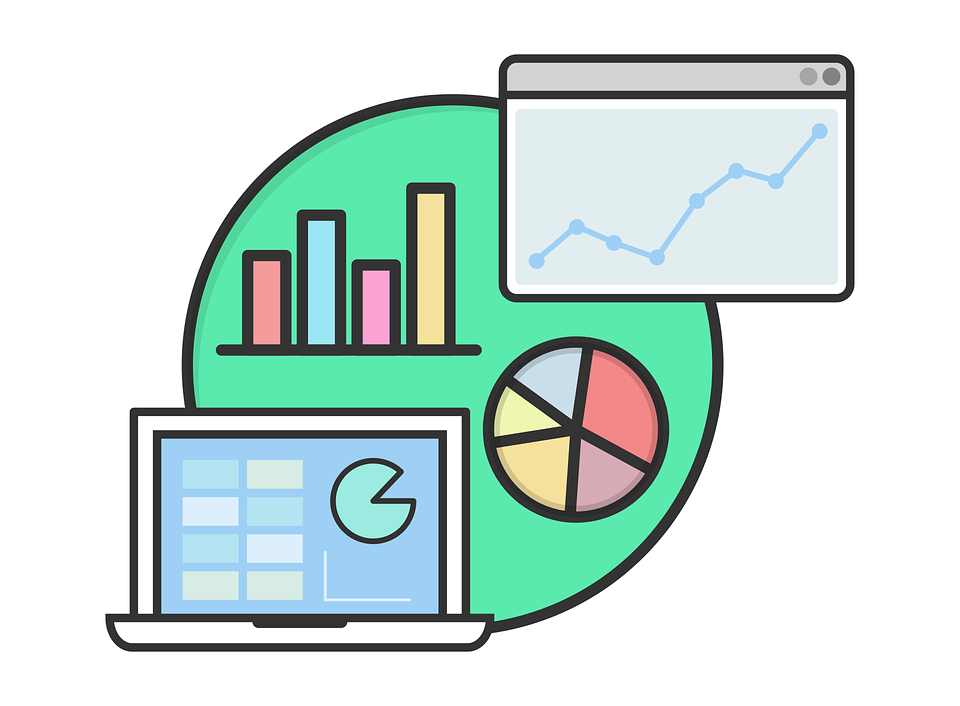In today’s dynamic business environment, decisions about resource allocation and customer relationship management are critical to a company’s long-term success. Using data from the CRM system allows you to analyze customer value and help you make strategic decisions. One of the dilemmas facing managers is the choice between large projects with prestigious clients, and smaller but more profitable projects with solid, often lesser-known companies.
Therefore, such rankings and analysis of customers’ strengths and weaknesses are crucial. Cooperation with recognized giants in the market increases the prestige of the company, which can attract new customers and open the door to new business opportunities. Large companies are usually characterized by a stable financial situation, which reduces the risk of insolvency and ensures regular payments. However, they can afford to set a long repayment period because they have more financial resources and a stronger negotiating position, which is not favourable to us. Market giants usually dictate the terms of cooperation, which can limit the flexibility of smaller partners. Working with such large teams on the client side can lead to communication problems and blurring of responsibility. For smaller companies, the opposite is true. These companies are more flexible and easier to contact. They don’t have to be any less profitable than larger companies. They have higher profitability because they are more likely to opt for shorter but more intensive and well-paid jobs. Only less prestige can accompany such processes. At a time when you can make more money on something, but alongside a smaller company that won’t bring us the same reputation as a large corporation.
When creating such a ranking, it is worth paying attention to such features as the financial value of the client, i. e. the measure of benefits that we can have when working with a given client. Its revenues, profitability of projects and regularity of revenues. It is worth assessing the potential development of the client if there is an opportunity to increase the scale of this company in the future. Stability and credibility are qualities that should be key for us, because it depends on them whether customers pay regularly or have real income, and stability gives us the certainty of long cooperation and recommendations. Look at the company’s goals and see if they are in line with ours. Such customers where the vision and mission are similar are more valuable. The reputation mentioned earlier helps to attract other customers in the future. Using CRM for analytics is also very useful because we can get customer satisfaction data that will help us see if it’s a company you’re working well with. Any analysis of historical sales data and the costs and profits associated with any projects.
Creating a customer ranking is very helpful and crucial in choosing potential collaborations. In my opinion, the short-term benefits of working with the client, such as immediate revenue, increased market share or increased sales, should be assessed during such a process. As well as these long-term increased customer loyalty, brand and reputation building, and business stability.
And for you, what are the most important features in creating such a ranking and choosing customers? Share your opinion in the comments.



